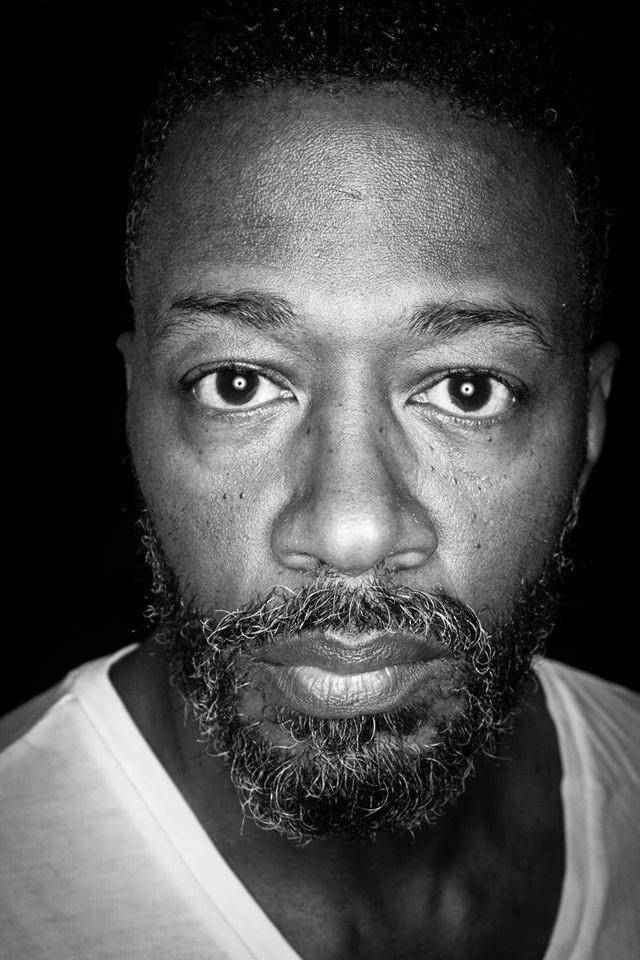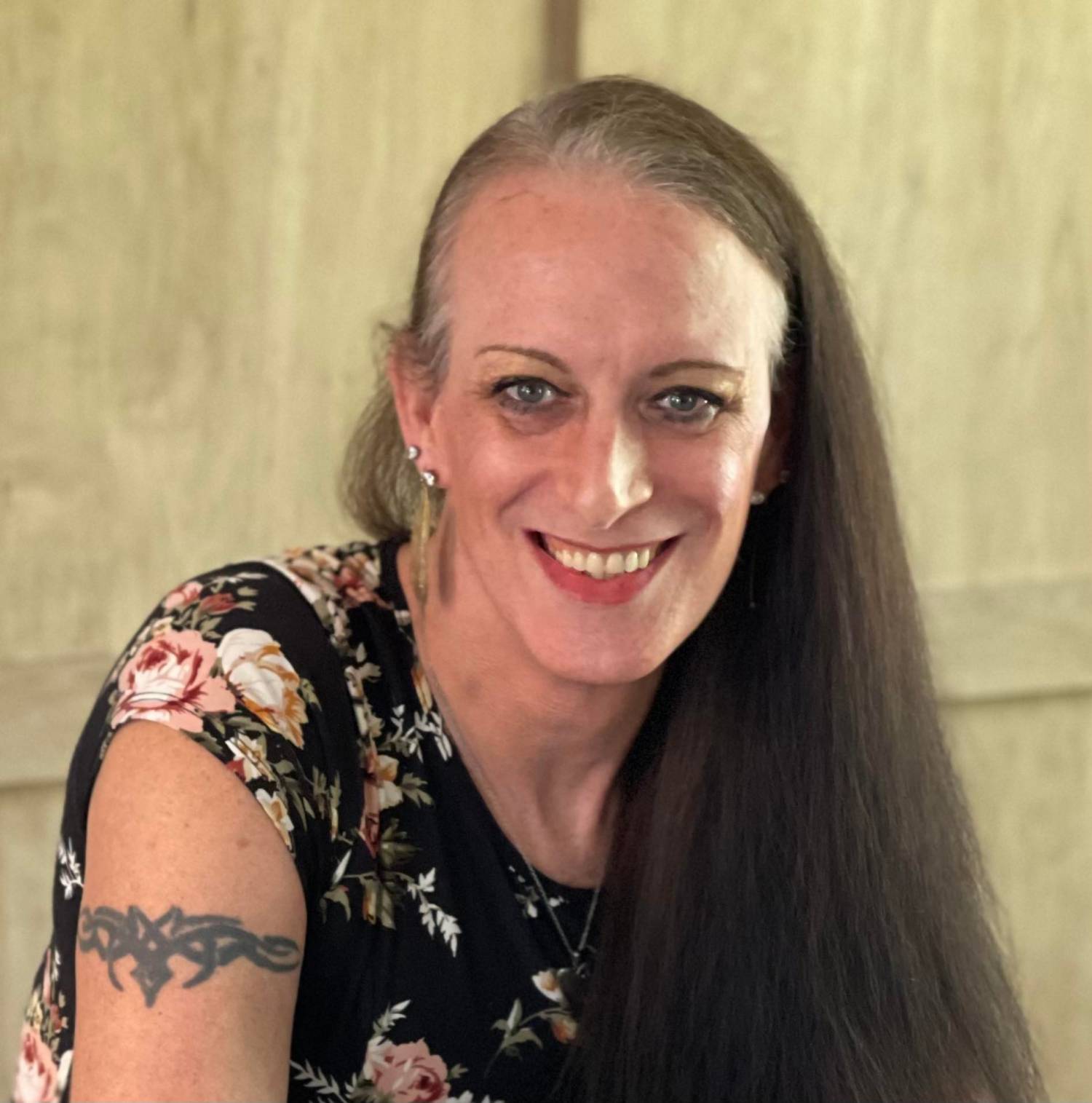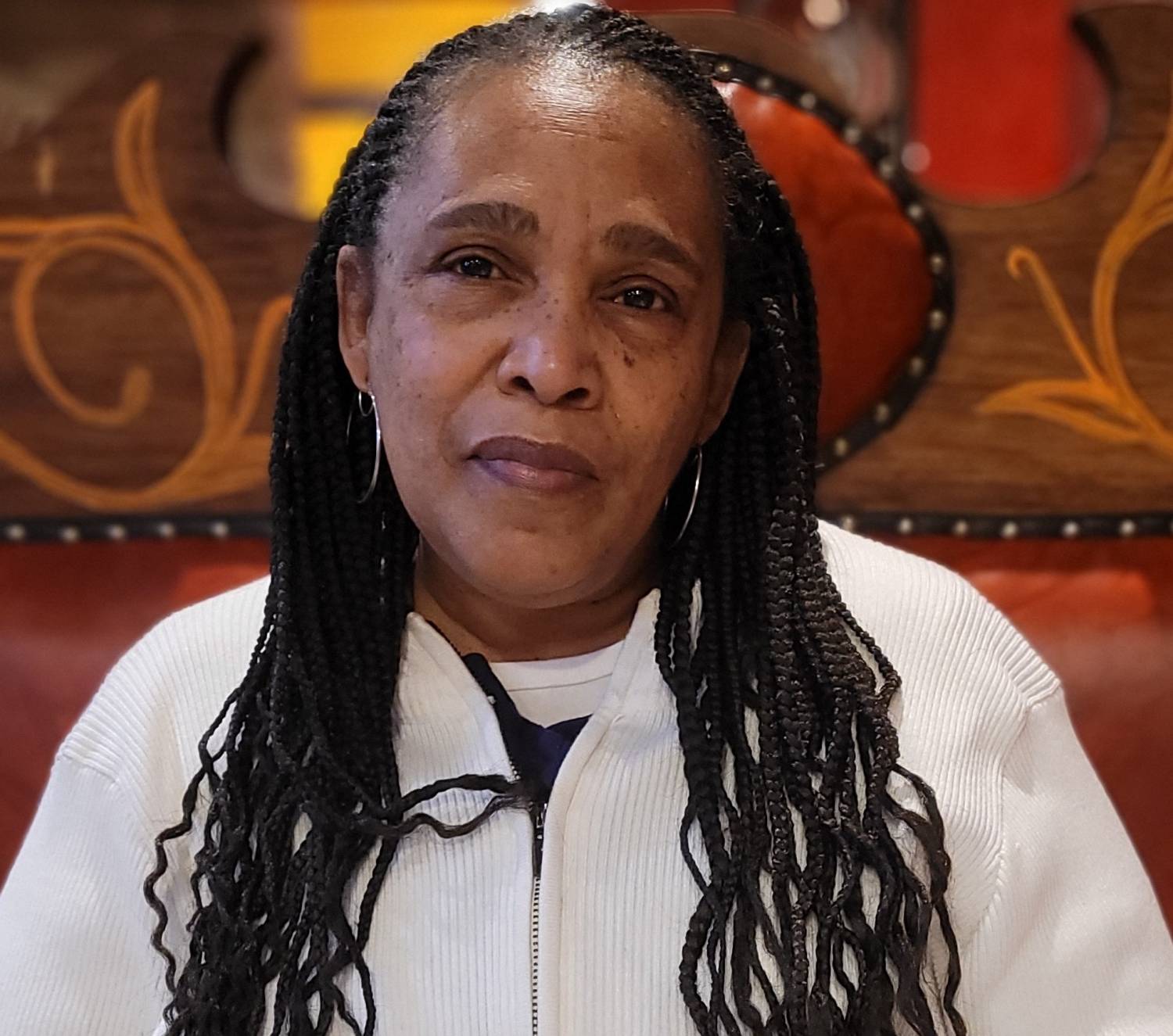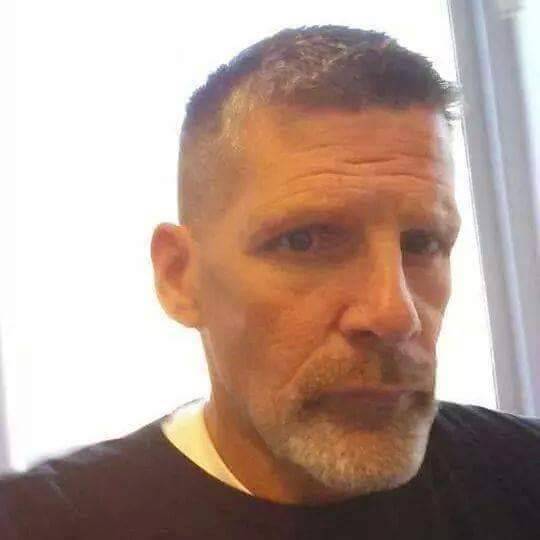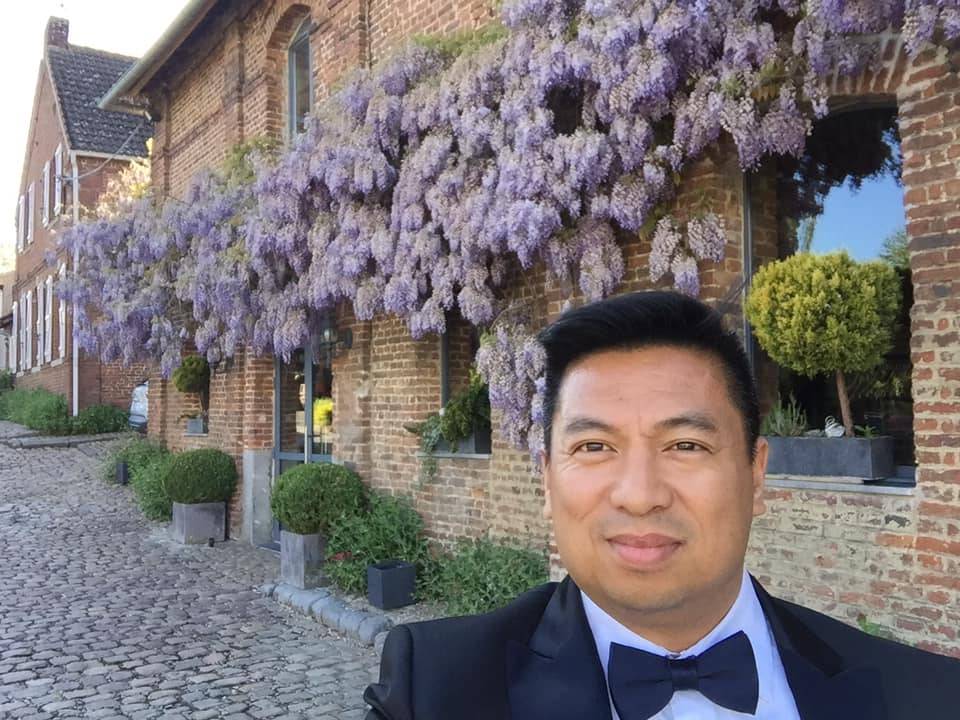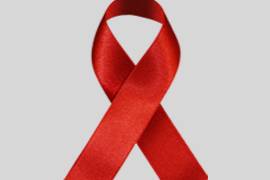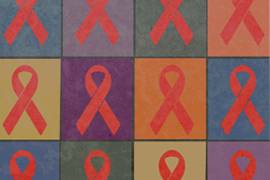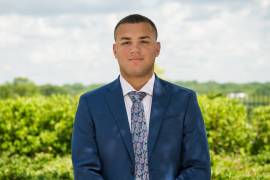September 18 marks National HIV/AIDS and Aging Awareness Day (#NHAAD).
Currently, just over half of people living with HIV in the United States are 50 and older. While this is due to lifesaving and effective treatment, which has helped those diagnosed in the 80s and 90s to live longer healthier lives, we cannot forget that 1 in 6 people newly diagnosed with HIV are 50 and older. While many, through their lived experiences, work, and activism, have paved the way for a new generation of people living with HIV, often, this same demographic can be overlooked when it comes to funding, advocacy, and outreach.
Given the obstacles they may face, they cannot afford to be ignored or silenced. They deserve better.
So, to honor our elders, we asked five people over 50 living with HIV to share with us how they age with dignity, how they thrive, and advice they have for those who are younger and/or newly diagnosed. In their thoughtful, frank, and honest responses, they recounted when the epidemic was a death sentence, stressed the power of being able to stand in one's truth, and shared why building community is essential to thriving and living a long life with HIV.


